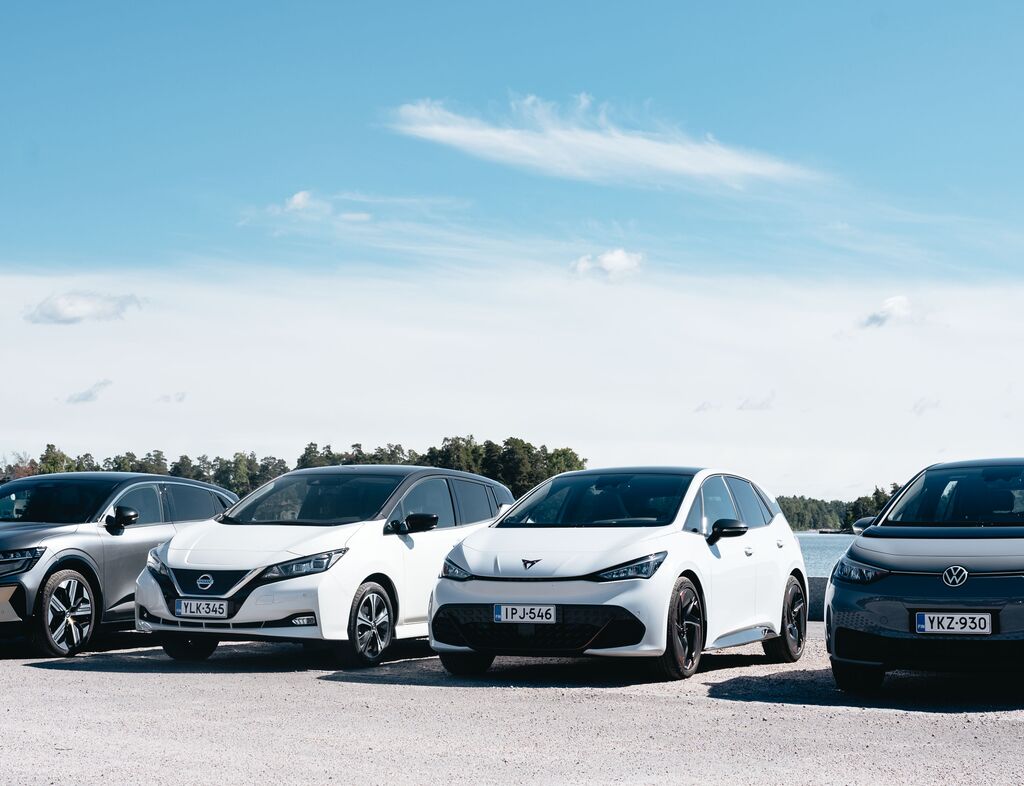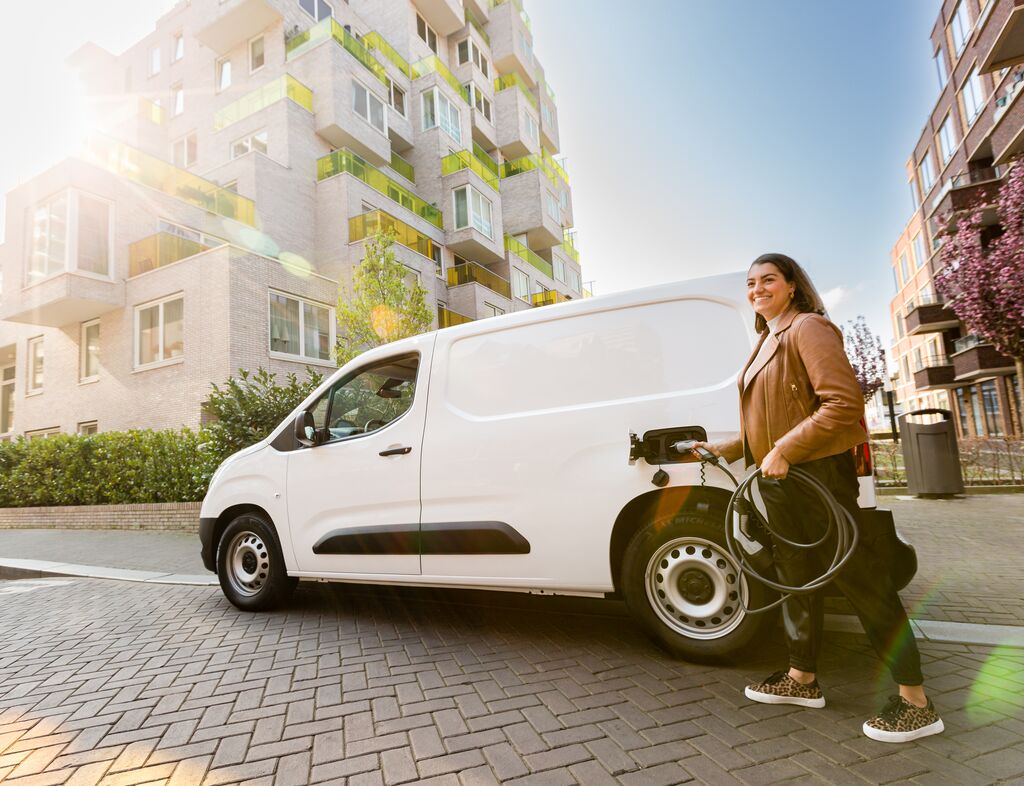UK largest market for electric vans
Fuelled by surging demand for home deliveries and construction, the UK’s new van market is booming – and it’s increasingly electric [1]. British businesses registered 15,151 plug-in vans in 2021, becoming the largest market in Europe [2]. In turn, there are now twice as many of plug-in hybrid, range-extended electric and battery electric vans on UK roads as there were at the end of 2020 [3].
To encourage ongoing growth, The Office of Zero Emission Vehicles (OZEV) has extended the Plug-in Grants available to vans and trucks for two years [4] with some minor alterations to the vehicle categories. Here’s what you need to know.
What funding is available for plug-in vans?
The Plug-in Van Grant launched in 2012, available for vehicles which emit less than 50g/km CO2 and offer an electric range of at least 60 miles [5]. This means businesses can claim up to 35% towards purchase price of a new van, with maximum grant levels capped based on the gross vehicle weight (GVW), as follows:
Small vans
Small vans with a GVW of less than 2,500kg qualify for grant funding of up to £2,500 per vehicle.
Large vans
Large vans qualify for grant funding of up to £5,000, and OZEV is broadening the criteria from 1 April 2022 to include vehicles with a GVW between 2,500kg and 4,250kg. This is currently capped at 3,500kg.
This brings funding criteria for large vans in line with licensing laws. The GVW limit for Category B (car) licence holders is 4,250kg for alternative fuel vans, compared to 3,500kg for petrol or diesel models, to account for the extra weight of the battery. It means fleets can deploy large electric vans without additional training for drivers [6].
Small Truck Grant
In turn, OZEV says there will be more funding available for the Small Truck Grant. This provides up to £16,000 towards the purchase price of vehicles with a GVW between 4.25 and 12 tonnes. To be eligible, these must offer a 60-mile electric range with CO2 emissions 50% lower than an equivalent Euro 6 compliant vehicle.
Fleets can claim funding for 1,000 vans and trucks per year. Vehicle limits applied at an operator level (not to leasing companies) and reset on 1 April.
Alfonso Martinez, managing director LeasePlan UK, says:
“This is a hugely welcome announcement. The two-year extension will instil confidence for fleets who are looking to electrify some or all of their vehicles in the next few years. It will support fleet managers to stay one-step ahead of the supply disruptions, by encouraging them to join the queue now in order to mitigate any further delays.
“The electric van market is catching up to the electric car market and, with so many exciting developments in the pipeline, this is a much-needed boost.”
REFERENCES:
[1] SMMT Media Centre. (2022). December & Full Year 2021 New LCV Registrations. [online] Available at: https://media.smmt.co.uk/december-2021-new-lcv-registrations/ [Accessed 18 Mar. 2022].
[2] ACEA. (2022). New light commercial vehicle registrations by fuel type, European Union. [online] Available at: https://www.acea.auto/files/ACEA_vans_by_fuel_type_full-year_2021.pdf [Accessed 18 Mar. 2022].
[3] Department for Transport. (2022) VEH0133: Licensed ultra low emission vehicles by body type and propulsion or fuel type: United Kingdom. [online] Available at:
https://assets.publishing.service.gov.uk/government/uploads/system/uploads/attachment_data/file/1046002/veh0133.ods [Accessed 18 Mar. 2022]
[4] OZEV. (2022). Businesses to benefit from extension to plug-in van and truck grants. [online] Available at: https://www.gov.uk/government/news/businesses-to-benefit-from-extension-to-plug-in-van-and-truck-grants [Accessed 18 Mar. 2022].
[5] Government Digital Service (2021). Low-emission Vehicles Eligible for a Plug-in Grant. [online] Available at: https://www.gov.uk/plug-in-car-van-grants [Accessed 18 Mar. 2022].
[6] Department for Transport. (2019) Changes to licence requirements for Alternatively Fuelled Vehicles (AFVs) Moving Britain Ahead. [online] Available at: https://assets.publishing.service.gov.uk/government/uploads/system/uploads/attachment_data/file/871591/guidance-category-b-licence-requirements-1.pdf [Accessed 18 Mar. 2022].




